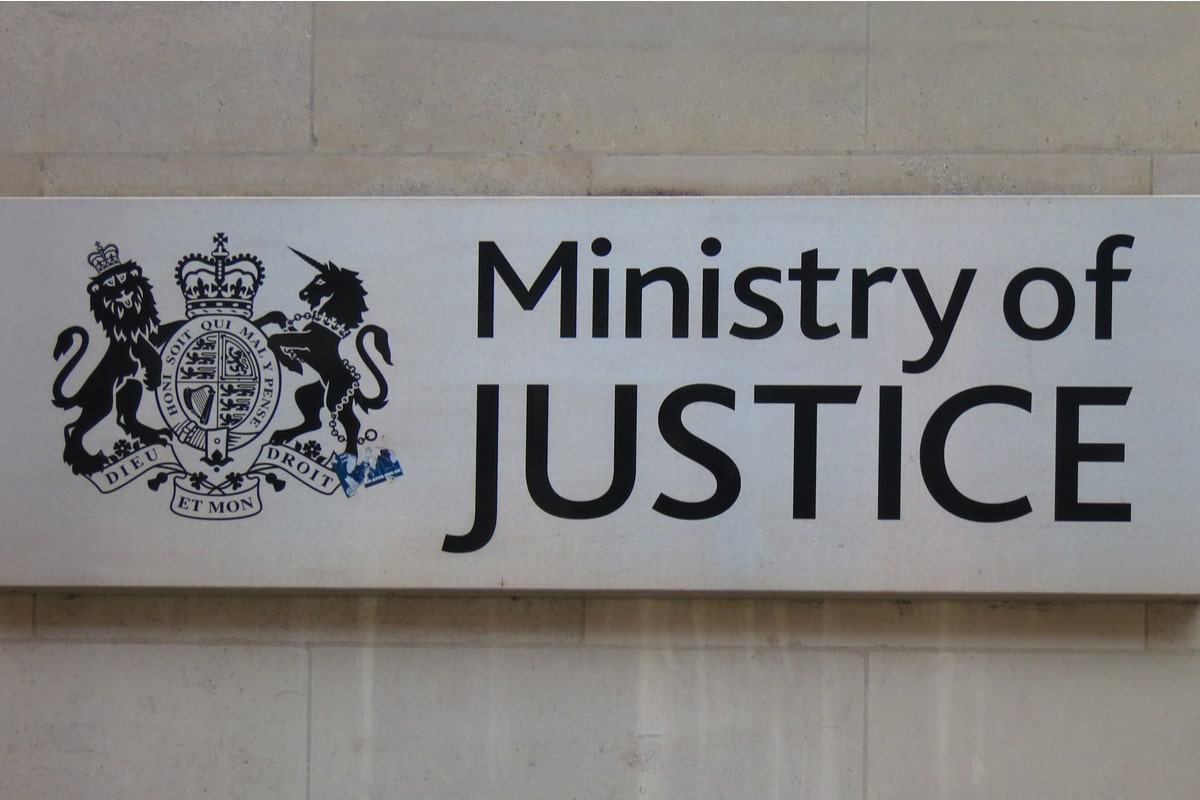Revised article: The Ministry of Justice and virtual enforcement
Credit Strategy is publishing more details on the Ministry of Justice’s view on enforcement visits, with clarifications to show there are no laws or regulations which prohibit virtual enforcement visits.

In a previous article, based on information supplied by the High Court Enforcement Officers Association (HCEOA), Credit Strategy included the association’s comments on a quote the trade body had received from the MoJ – on the topic of enforcement visits.
The original Credit Strategy article included a part of this quote from the MoJ, highlighted by the association, that read: “In our view, the Taking Control of Goods (Fees) Regulations 2014 do envisage that an enforcement agent will physically attend the property in order to be eligible to charge the enforcement stage fee.”
The HCEOA’s press release stated, based on this quote, that the MoJ had made it clear that “in order to take control of goods or charge any fee beyond the compliance stage fee, the HCEO, or their enforcement agent, must physically attend the relevant premises.”
In that article the HCEOA was also quoted as stating: “This means it is not possible to set up an effective controlled goods agreement without a visit.”
However, Just, the enforcement market integrator which has recently launched a virtual enforcement solution, immediately opposed the HCEOA’s statements.
Just has also provided reams of material to Credit Strategy to counter the association’s interpretation of the MoJ’s quote. The information Just provided shows that:
· No legislation or specific regulations prevent virtual enforcement visits from taking place and for agents to then enter into a controlled goods agreement.
· It has been confirmed that there is nothing in the 2007 Tribunals, Courts and Enforcement Act, nor the 2013 Taking Control of Goods Regulations, that explicitly states that the agent must be physically present on the debtor’s premises when a controlled goods agreement is made.
· Just has received a response from Barbara Fontaine, senior master of the Queens Bench Division, who has a central role in relation to high court enforcement, who told the company: “(Having) had the opportunity to consider (the details of virtual enforcement), in conjunction with the relevant legislation, I see nothing in legislation that prevents what you propose”.
Just also pointed to the quote from the MoJ which was provided to the HCEOA.
The full quote from the MoJ, part of which was included in Credit Strategy’s inital article, states: “In our view there does not seem to be anything in the Taking Control of Goods Regulations (the Regulations) or the Tribunals, Courts and Enforcement Act 2007 (the Act) that either expressly prohibits or permits an enforcement agent to enter into a controlled goods agreement with a judgment debtor virtually via a video call.
“It is likely that such a situation was not contemplated by the drafters of the legislation. Given this lack of clarity, there is a risk that a court may interpret that the Regulations and Act require CGAs to be agreed in person. In our view, the Taking Control of Goods (Fees) Regulations 2014 do envisage that an enforcement agent will physically attend the property in order to be eligible to charge the enforcement stage fee.”
While the MoJ said the regulations envisage physical attendance, there’s nothing in the regulations to prevent virtual attendance, and Just will be engaging frequently with the department soon after launching its virtual solution.
Jamie Waller, founder and chairman of Just, said: “Virtual visits can happen and the MoJ is going to monitor their progress. We would expect this, for such an innovative solution in such challenging times, and we can confirm that we have agreed with the MoJ to meet with them 30 days after go-live, and frequently thereafter, to provide data on their use.”
Just is also preparing to bring a test case to the Royal Courts of Justice, to see if the MoJ agrees that this would be useful to allow a wider spread of adoption.
Credit Strategy has also seen correspondence that shows the MoJ would be willing to amend the regulations, if necessary.
In a recent article on this same topic, John Kruse, an independent expert in enforcement, wrote: “It is also worth noting there is nothing in legislation that specifically mentions many other innovations that are actually used in practice e.g. taking electronic payments to satisfy the writ, or carrying digital copies of court documents. Importantly there is nothing specifically in legislation prohibiting the use of video technology to conduct an attendance.”
When Credit Strategy contacted the MoJ for clarity on the circumstances in which enforcement visits would have to be done in person, it could not confirm any, because with the legislation in its current form and without any court decision from a test case, the department is unable to be definitive.
The MoJ reiterated its point that there’s nothing in the legislation that expressly permits or prohibits virtual enforcement visits, meaning the department could not offer an official stance via a new statement.
The department did acknowledge that the legislation may need to be updated as it was crafted long before the pandemic and the concept of virtual enforcement. The MoJ also indicated that if, hypothetically, virtual enforcement was to be challenged and taken to court, it would be for the judiciary to make any decision.
Credit Strategy has also seen correspondence that indicates the MoJ would want to monitor how a virtual enforcement proposal works in practice and whether it gives rise to any difficulties, particularly for debtors.
In terms of how Just’s virtual enforcement solution will operate in practice, it will not be applying a fee for the virtual visit.
Nick Georgiades, managing director at Just, said: “There is no issue with us proceeding with virtual enforcement in appropriate cases and agreeing not to charge for it.”
Georgiades confirmed that virtual enforcement will be used for debtors who contact Just, who cannot afford to pay the debt in full within the compliance period. He added: “Currently these debtors are visited to secure the payment arrangements against their goods at a significant cost. Just will offer this process virtually, and for free.”
Andrew Wilson, chairman of the HCEOA, said: “We can confirm that our response to the MoJ’s position on virtual visits remains the same.”
He also reiterated the association’s support for all members who are using modern technology appropriately to improve enforcement activity.
Wilson added: “Many of our members have been using technology such as video calls and making extra efforts to engage with debtors at the compliance stage for many years. Early intervention with debtors during the compliance stage helps people to understand the process and raise any concerns. Ultimately it leads to better engagement and increased collection rates."
Stay up-to-date with the latest articles from the Credit Strategy team
Get the latest industry news






